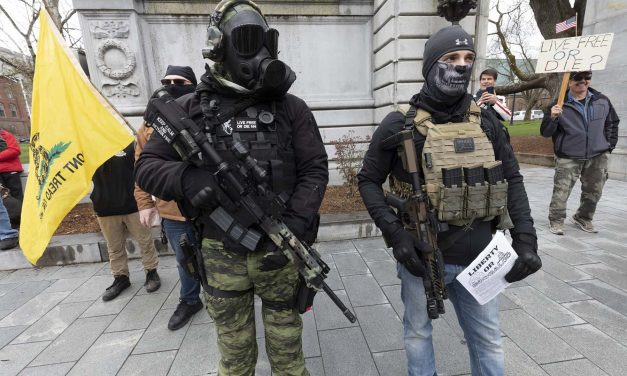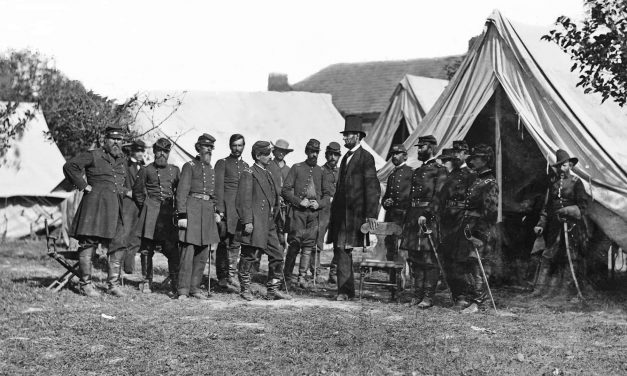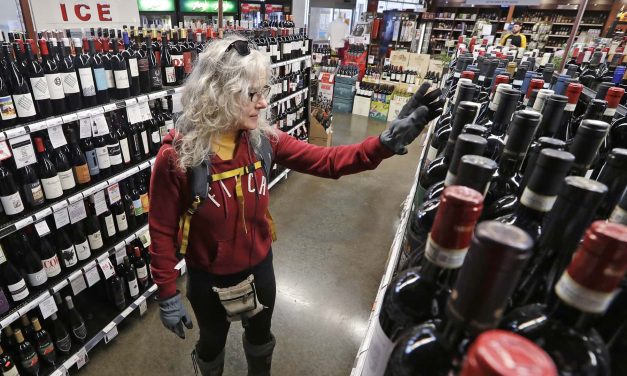Human Lives vs. The Economy: History shows financial interests have won out over moral concerns
By Peter C. Mancall, Andrew W. Mellon Professor of the Humanities, University of Southern California – Dornsife College of Letters, Arts and Sciences Policymakers are beginning to decide how to reopen the American economy. Until now, they have largely prioritized human health: Restrictions in all but a handful of states remain in effect, and trillions have been committed to help shuttered businesses and those who have been furloughed or laid off. The right time to start opening up sectors of the economy has been up for debate. But history shows that in the wake of calamities, human life often...
Read More















